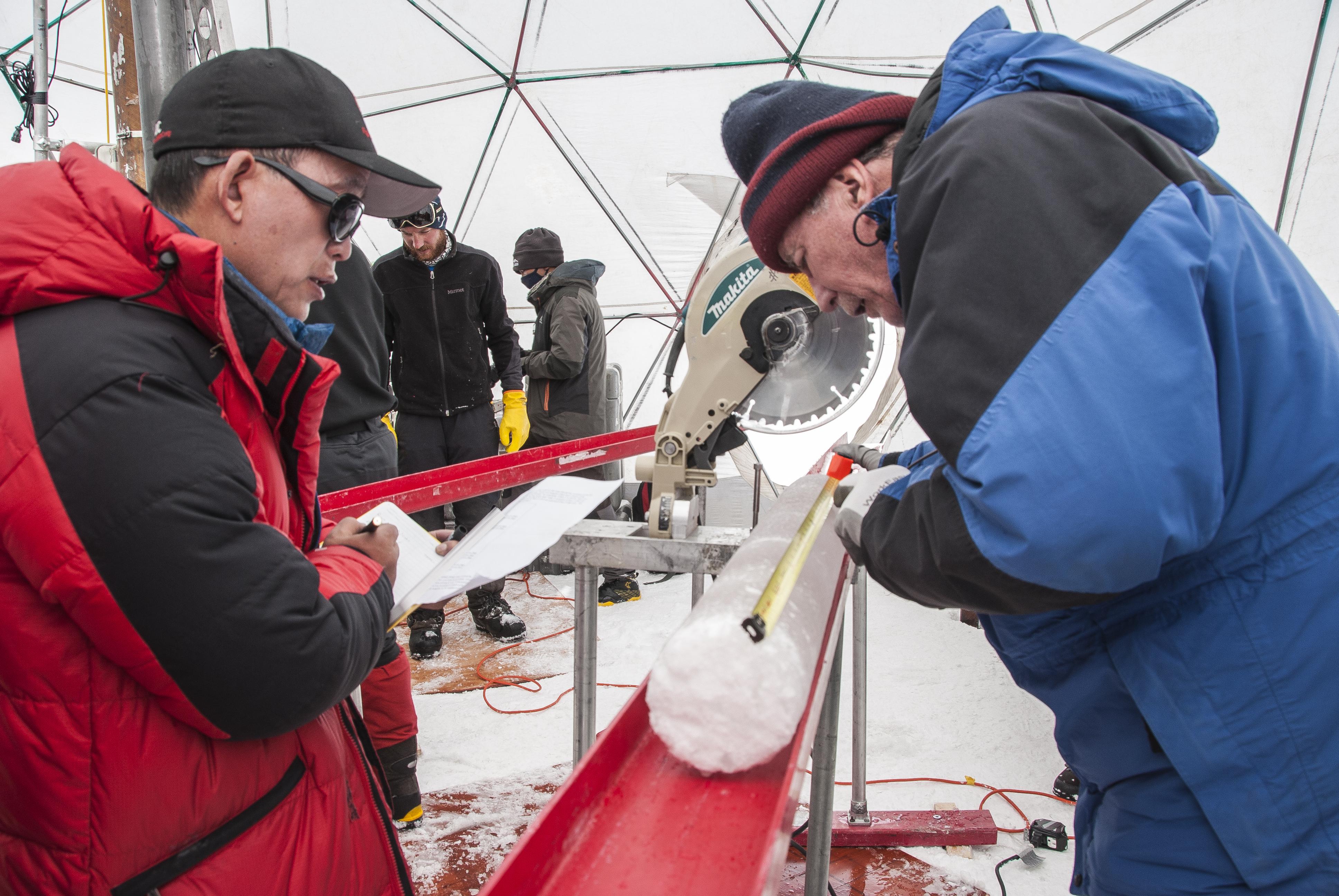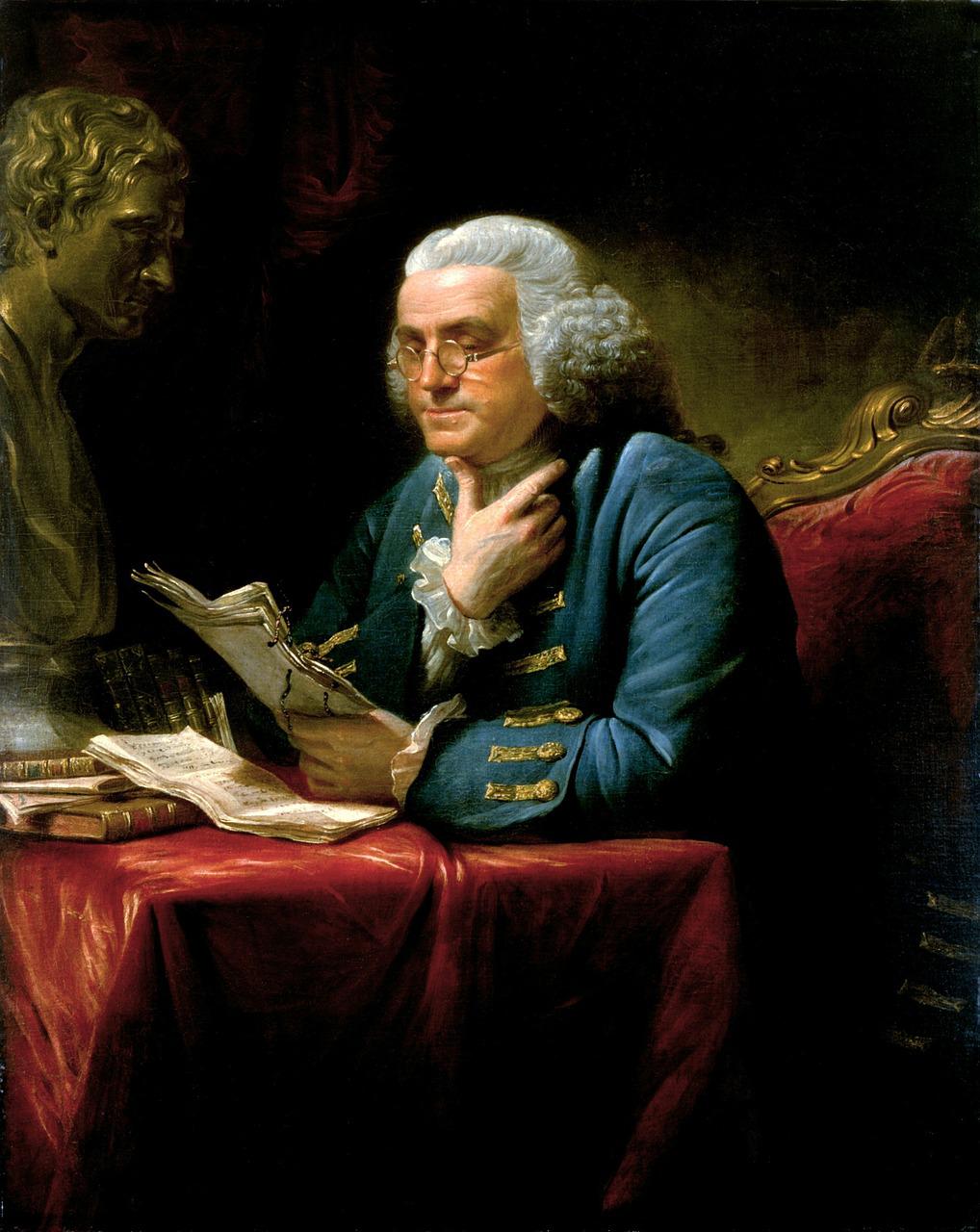viruses
Scientists discover surviving viruses in 15,000-year-old glacier ice on the Tibetan Plateau in China.
Smallpox was nothing new in 1721.
Researchers analyze prehistoric viruses in animals dug out from the Siberian permafrost.
The positive steps we are taking to prevent disease might have a negative side effect.
The program aims to notify people after they’ve come in close contact with someone who tested positive.
Creators of the popular protein-folding game, Foldit, are seeking help to design a treatment for COVID-19.
Dr. Larry Brilliant played a key role in eradicating smallpox from the world – so what are the biggest dangers humanity faces now? Brilliant rates politics as on-par with infectious disease.
▸
5 min
—
with






